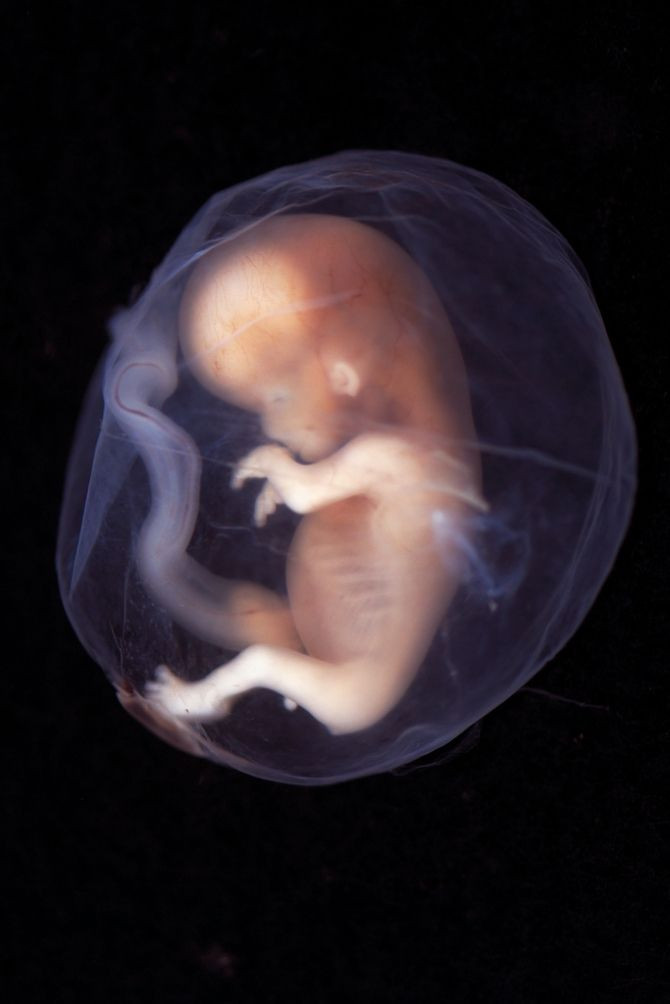Poor Diets During Pregnancy May Lead to Diabetic Offspring

Poor nutrition in the womb may put a person at greater risk of developing type 2 diabetes and other age-related diseases later in life, according to findings published on Friday.
Researchers have discovered that individuals who get a poor diet in their mother’s womb are less capable of storing fats correctly in later life. This finding has been shown in both rats and humans.
Fats are more likely to be stored in places such as the liver and muscle where they are more likely to lead to disease in people whose bodies are less able of storing fats properly, researchers wrote in the study.
"It has been known for a while that your mother's diet during pregnancy plays an important role in your adult health, but the mechanisms in the body that underlie this aren't well understood. We have shown in detail how one mechanism links poor maternal diet to diabetes and other diseases that develop as we age," said Susan Ozanne, a British Heart Foundation Senior Fellow, who led the work at the University of Cambridge in statement.
Scientists found that a molecule called the miR0483-3p controls a body’s capability to store fats in the right places. Higher levels of the molecule were found in individuals who had experienced a poor diet in their fetal stages.
The study also found that when pregnant rats were fed low protein diets their offspring had higher levels of miR0483-3p molecule and were less likely to gain weight when fed a high calorie diet but had a greater chance of developing diabetes. Researchers also found elevated levels of this type of molecule in people who were born with a low birth weight.
The molecule works by suppressing a protein called GDF3. Researchers found that only 30 percent of this protein was found in individuals born at a low birth rate compared to people born at normal weight.
"If we are to remain healthy throughout our lives and into old age it is vital that scientists work to understand our fundamental biology in the context of social and environmental changes. By identifying a mechanism that links maternal diet to diabetes this research has made an important contribution to the fight against a growing epidemic of metabolic diseases," Professor Douglas Kell, Chief Executive of the Biotechnology and Biological Sciences Research Council said in a statement.
Researchers also said that some people who are not visibly overweight have a higher chance in developing diabetes, and that these people should take precautionary steps to reduce their likelihood of developing type II diabetes.
"People are continuing to live ever longer and healthier lives thanks to improvements in nutrition and healthcare. However modern diets and lifestyles are posing new challenges to which our bodies sometimes seem poorly adapted – and this has caused unforeseen health problems,” Willis added.
The findings are published in the journal Cell Death and Differentiation.



























